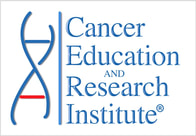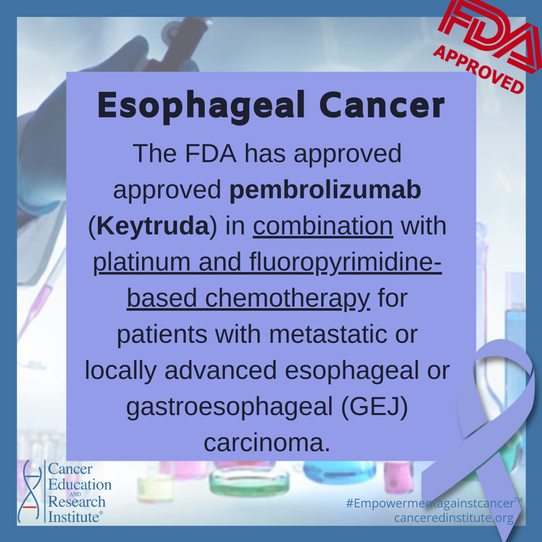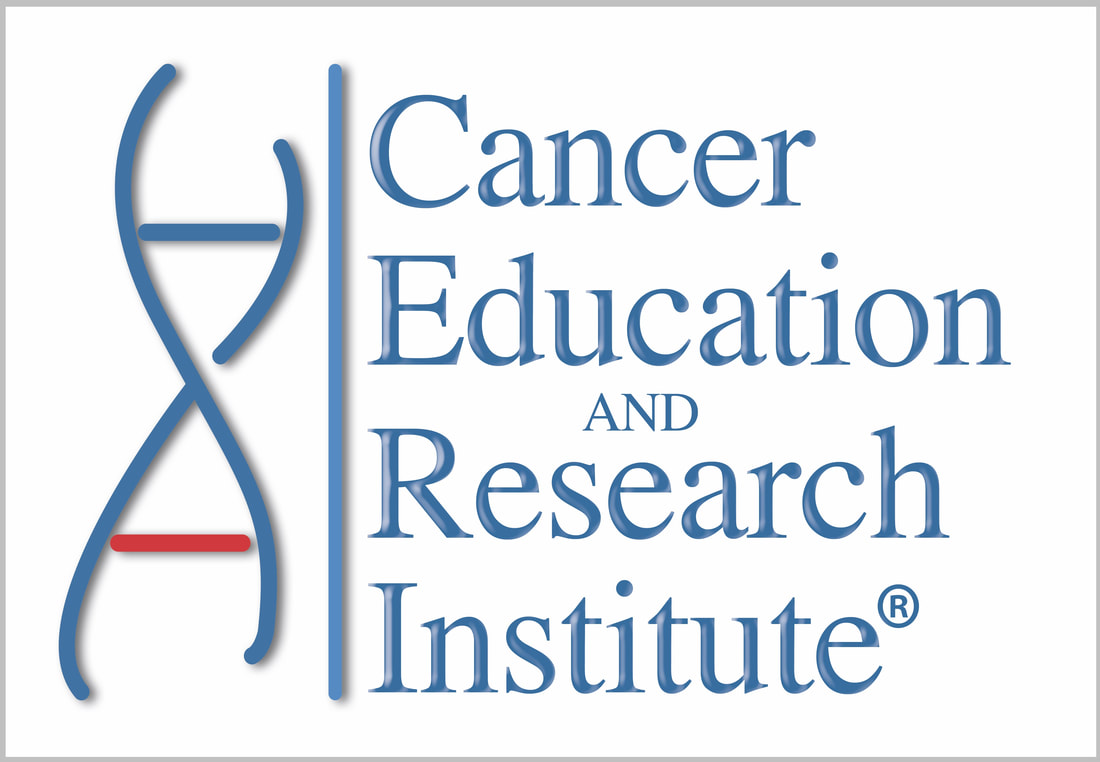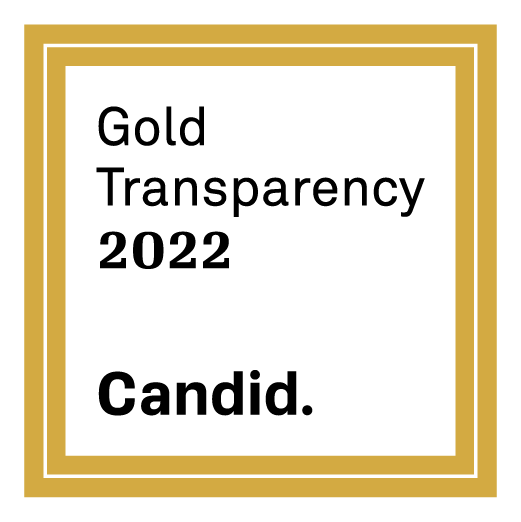The US Food and Drug Administration (FDA) has finally approved Bristol Myers Squibb’s (BMS) CAR T-cell therapy Breyanzi, previously known as liso-cel, on February 5, 2021, after delaying the decision in November 2020.
Breyanzi (lisocabtagene maraleucel) is approved for the treatment of adult patients with relapsed or refractory large B-cell lymphoma (LBCL) after two or more lines of systemic therapy, including diffuse large B-cell lymphoma (DLBCL).
Like the two prior approved CAR-T cell therapies, Breyanzi targets the CD19 protein, which is highly expressed on the surface of B cells and which remains there following the transformation of these cells from normal to malignant.
Breyanzi is originally a Celgene product. BMS acquired Celgene in 2019 for $74bn, and the CAR-T therapy is one of the key assets critical to the potential payout of the merger.
There are now three approved CAR T therapies:
- Yescarta (axicabtagene ciloleucel, Axi-Cel) CAR-Tcell therapy for the treatment of adult patients with relapsed or refractory LBCL, including DLBCL (Gilead/Kite).
- Kymriah (tisagenlecleucel, Tisa-Cel) CAR-T cell for the treatment of relapsed/refractory diffuse large B-cell lymphoma.
- Breyanzi (lisocabtagene maraleucel, Liso-Cel) adult patients with relapsed or refractory large B-cell lymphoma (LBCL) after two or more lines of systemic therapy, including diffuse large B-cell lymphoma (DLBCL).
Of the 192 patients evaluable for response:
- The overall response rate (ORR) per independent review committee assessment was 73% (95% CI: 67, 80) with a complete response (CR) rate of 54% (95% CI: 47, 61).
- The median time to first response was one month.
- Of the 104 patients who achieved CR, 65% had remission lasting at least 6 months and 62% had remission lasting at least 9 months.
- The estimated median duration of response (DOR) was not reached (95% CI: 16.7 months, NR) in patients who achieved a CR. The estimated median DOR among patients with partial response was 1.4 months (95% CI: 1.1, 2.2).
Side effects:
Cytokine release syndrome (CRS) and toxicity are side effects seen in CAR-T cell therapies.
- Cytokine release syndrome (CRS) occurred in 46% of patients (Grade 3 or higher, 4%)
- Neurologic toxicity occurred in 35% (Grade 3 or higher, 12%). Three patients had fatal neurologic toxicity.
- Infections (19%, Grade 3 or higher)
- Prolonged cytopenias (31%, Grade 3 or higher).
FDA approved lisocabtagene maraleucel with a Risk Evaluation and Mitigation Strategy because of the risk of fatal or life-threatening CRS and neurologic toxicities.
Recommended regimen:
The recommended regimen is a single dose containing 50 to 110 x 106 CAR-positive viable T cells with a 1:1 ratio of CD4 and CD8 components, administered by IV infusion and preceded by fludarabine and cyclophosphamide for lymphodepletion.
- https://www.fda.gov/drugs/drug-approvals-and-databases/fda-approves-lisocabtagene-maraleucel-relapsed-or-refractory-large-b-cell-lymphoma
- https://www.pmlive.com/pharma_news/fda_approves_bms_blood_cancer_car_t_therapy_after_delay_1362903
- https://www.fiercebiotech.com/biotech/fda-delays-decision-approval-bristol-myers-car-t












